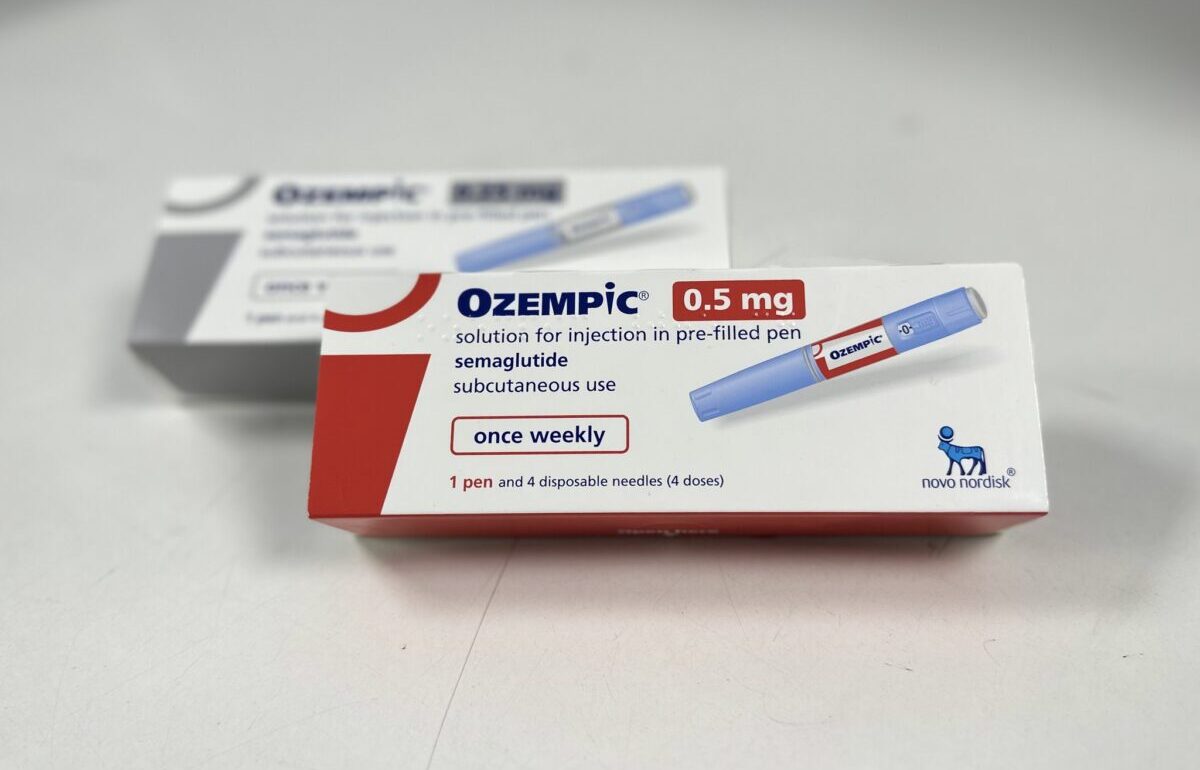Chicago Education Board Unanimously Votes to Remove Police from Schools
The Chicago Board of Education Unanimously Votes to Remove Police Officers from Public Schools
In a groundbreaking decision, the Chicago Board of Education voted unanimously on Thursday to eliminate police officers from the city’s public schools. This move comes as part of the board’s commitment to exploring alternative systems of safety.
The board’s 7-0 vote not only ends the school resource officer program but also removes police officers from the 39 public schools where they were stationed. Additionally, numerous other schools had school resource officers on campus.
“Today’s resolution is fulfilling the board’s commitment to focus on alternative systems of safety,” stated Michelle Morales, a member of the Chicago Board of Education.
As a result of this decision, Chicago Public Schools will not be renewing its $10.3 million contract with the city for police officers in schools.
“We will continue to collaborate with CPD on its support for arrival and dismissal times, and responses to emergencies,” added Rudy Lozano Jr., another Board of Education member.
While the vote was unanimous, the education board meeting was filled with passionate arguments from Chicago residents both in favor of and against officers in schools. The Chicago City Council members were also divided on the issue.
Alderman Nicholas Sposato expressed his concerns, stating, “I’m just telling you all right now — the blood is going to be on your hands if something happens to some kids, or some teacher, or some crazy parent in the parking lot.”
Previously, the proposal to remove police officers from public schools faced opposition from school principals. During a meeting on December 15, principals were disappointed as they were not given the opportunity to provide their input on the decision.
Troy LaRaviere, president of the Chicago Principals & Administrators Association, explained, “They were told that the board had made a unilateral decision, without the input of the people who actually run the schools.”
Before the current school year, 40 high schools held a vote on whether to retain police officers on their campuses. With only one exception, all schools voted to keep officers. However, some schools chose to remove one or both officers and received funding for alternative safety interventions.
LaRaviere emphasized the importance of school resource officers in building relationships with students, which proves valuable during incidents. Without them, schools would have to rely solely on calling 911.
Mark Grishaber, the principal of William Howard Taft High School, praised the resource officers at his school, stating, “The SRO has been trained and knows how to deal with teens in a school community. You can see the difference.”
This decision to remove police officers from schools aligns with the stance of Chicago’s mayor, Brandon Johnson, who previously stated that “armed officers have no place in schools in communities already struggling with over-incarceration, criminalization, profiling, and mistrust.”
What is the significance of the decision by the Chicago Board of Education to remove police officers from schools and how does it contribute to the national conversation about the role of policing in our communities and the need for reform
Ing was not without controversy. Some critics argue that removing police officers from schools could compromise the safety of students, while others believe that it will create a more nurturing and supportive environment for learning.
Proponents of the decision argue that school resource officers often disproportionately target students of color, leading to a school-to-prison pipeline that perpetuates systemic racism. They believe that investing in alternative systems of safety, such as restorative justice practices and increased mental health support, will create a more equitable and inclusive educational environment.
Chicago is not the first city to make this groundbreaking move. In recent years, other major urban school districts, such as Minneapolis and Portland, have also voted to remove police officers from schools. These decisions reflect a larger national conversation about the role of policing in our communities and the need for reform.
Critics of the decision argue that without police officers, schools may be ill-equipped to handle emergencies or respond to acts of violence. They fear that incidents like school shootings may become more difficult to prevent or manage without law enforcement presence. However, proponents of the decision argue that there is no evidence to suggest that having police officers in schools has effectively prevented or mitigated such incidents.
The decision by the Chicago Board of Education is a significant step towards reimagining the role of law enforcement in schools. By focusing on alternative systems of safety, the board aims to address the underlying issues that contribute to safety concerns in schools, such as poverty, inequality, and mental health. This holistic approach recognizes that true safety and security come from creating a supportive and nurturing environment for all students.
Moving forward, it will be crucial for the Chicago Public Schools to allocate resources and invest in alternative systems of safety to ensure the success of this initiative. Restorative justice programs, mental health counseling services, and conflict resolution strategies must be implemented effectively to support the wellbeing and academic development of all students.
The decision by the Chicago Board of Education sets a precedent for other school districts across the nation. It invites us to critically examine the presence of police officers in schools and consider alternative approaches. Only through these discussions and reforms can we create truly safe and inclusive educational spaces for all students.
" Conservative News Daily does not always share or support the views and opinions expressed here; they are just those of the writer."





Now loading...